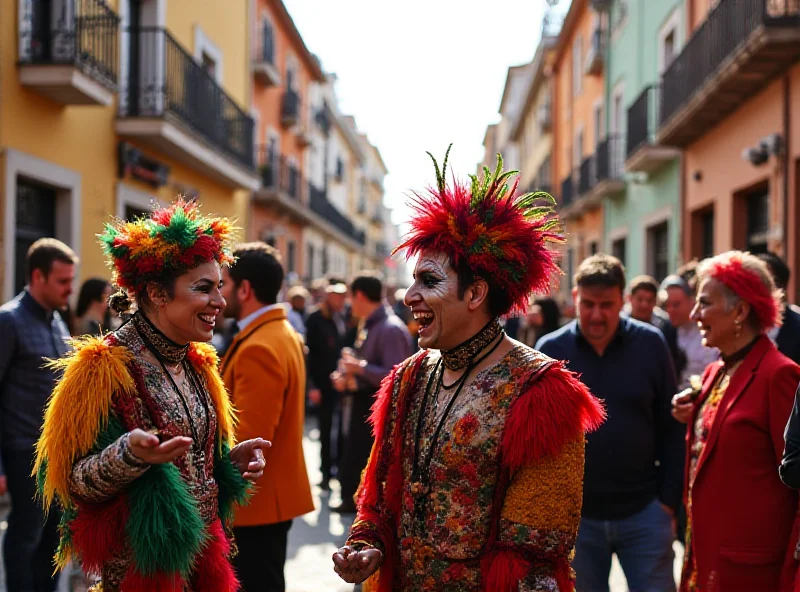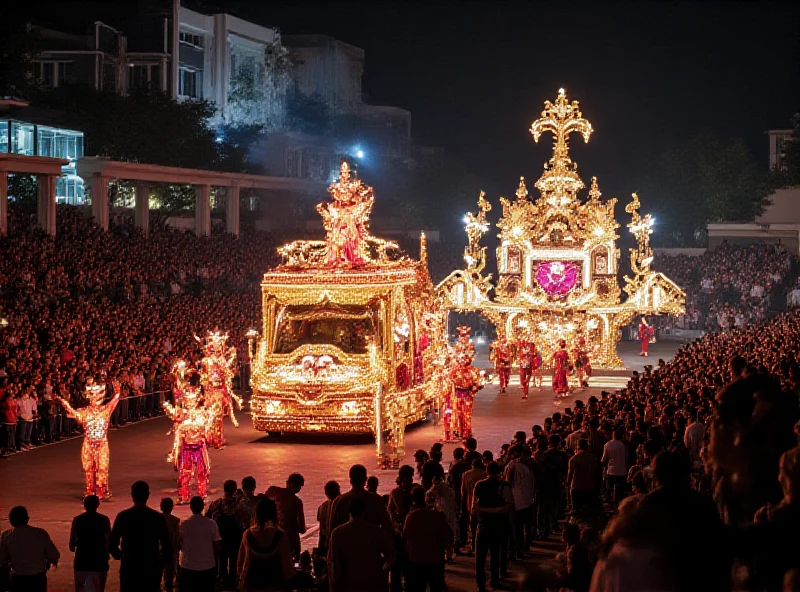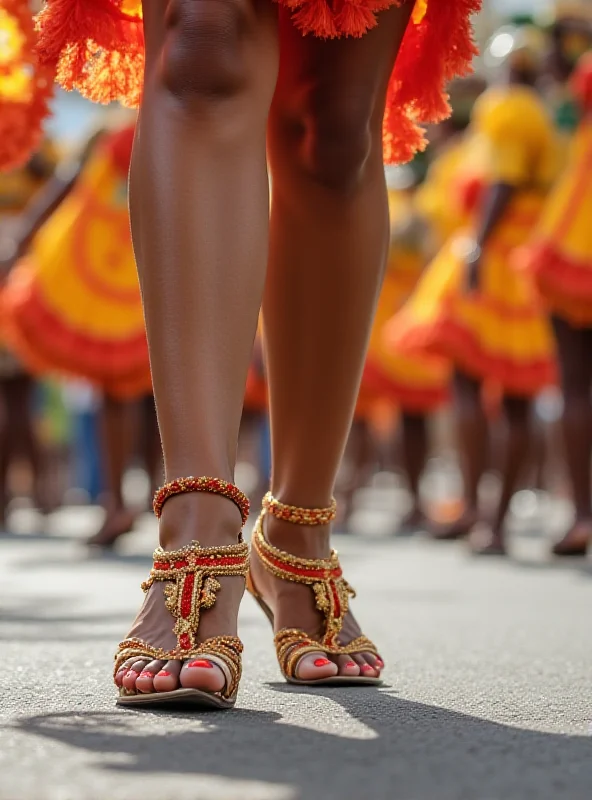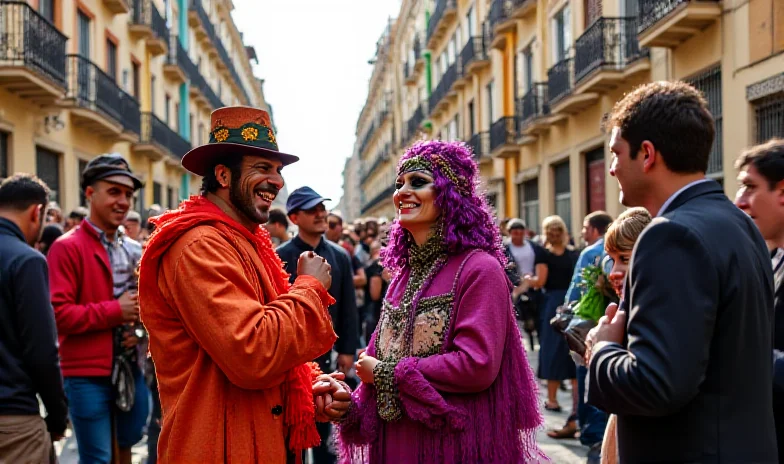Carnival season is a time of vibrant celebration around the world, but its traditions and expressions vary greatly from place to place. From the historical streets of Cádiz, Spain, to the bustling avenues of Rio de Janeiro, Brazil, Carnival takes on different forms, each with its own unique flavor and significance.
Cádiz: A Carnival of Wit and History
While much of Spain marks the end of Carnival with the symbolic burial of the sardine on Ash Wednesday, the city of Cádiz keeps the party alive. The streets come alive with "gaditano" wit, showcasing the city's unique sense of humor and deep-rooted traditions. Writer Clementine Scott delves into the history of these iconic celebrations, offering a glimpse into the cultural heart of Cádiz.

The Carnival in Cádiz is more than just a party; it's a testament to the city's enduring spirit and its ability to find joy and humor even in challenging times. The "gaditanos," as the locals are known, infuse the festivities with their characteristic wit and satirical commentary, making it a truly unique cultural experience.
Rio de Janeiro: Samba, Style, and Controversy
Across the Atlantic, Rio de Janeiro's Carnival is a spectacle of samba, elaborate costumes, and passionate celebration. Celebrities like Deborah Secco embrace the spirit of freedom that Carnival embodies. "I believe Carnival is the celebration of freedom," she stated during an appearance at Nosso Camarote. "I try to carnivalize my entire year in my life."
However, the festivities are not without their controversies. Recently, a foreigner was assaulted and removed from a Carnival "bloco" (street party) due to visible Nazi tattoos, including a swastika. This incident highlights the importance of vigilance against hate symbols and the need to maintain a safe and inclusive environment during public celebrations.

Champions and Changes
The competitive spirit is also a key element of Rio's Carnival. In São Paulo, the "Roses de Ouro" samba school emerged victorious in the SP Carnival 2025 competition, marking their first win since 2010. The dedication and artistry of these samba schools are a testament to the cultural significance of Carnival in Brazil.
Even within the established traditions, change is afoot. Actress Sheron Menezzes, a familiar face at the Marquês de Sapucaí, has opted to parade as the muse of her school, signaling a departure from her previous role as the "battery queen." This shift reflects the evolving dynamics and personal choices within the world of Carnival performance.

From the satirical wit of Cádiz to the dazzling spectacle of Rio, Carnival is a multifaceted celebration that reflects the unique cultures and histories of the communities that embrace it. It's a time for joy, expression, and, sometimes, a reminder of the challenges that societies still face.
